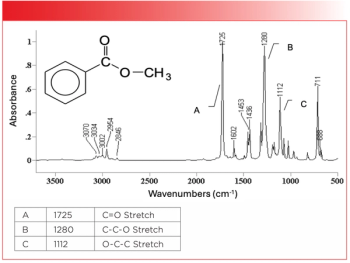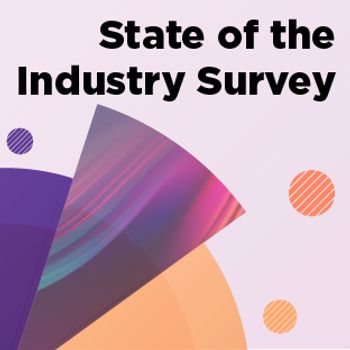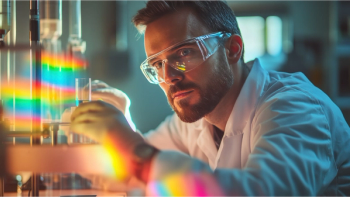
Agilent Sponsors the Nonprofit “My Green Lab”
Agilent Technologies, Inc. (Santa Clara, California) recently became a sponsor of My Green Lab, a nonprofit organization dedicated to improving the sustainability of scientific research.
Agilent Technologies, Inc. (Santa Clara, California) recently became a sponsor of My Green Lab, a nonprofit organization dedicated to improving the sustainability of scientific research.
Agilent said that it chose to support My Green Lab because of its “holistic approach to sustainability and their understanding of the interconnectivity between all the parts that make up a laboratory-from chemicals to instruments to the environment.”
Agilent CEO Mike McMullen said that Agilent is increasingly aware that sustainability must be a priority topic in science. “Sustainability is a key consideration in all our activities, and we look forward to ultimately passing on the benefits of our efforts and innovation to make better informed, sustainable choices,” he said.
Agilent currently is working with My Green Lab to have Agilent instruments independently audited for the organization’s Accountability, Consistency, and Transparency (ACT) label. The ACT label provides information about the environmental impact of manufacturing, using, and disposing of a product and its packaging.
"We are really excited to be working with Agilent,” My Green Lab CEO Allison Paradise said in a statement. “The fact that Agilent is willing to highlight sustainability through our ACT labeling program speaks to Agilent's leadership in this area.”
In addition to the ACT program, My Green Lab has four other primary programs. The “My Green Lab Certification” provides five levels of certification, determined by the percentage of green laboratory best practices that the laboratory has adopted. The program covers 14 areas, related to energy, water, waste, chemistry and materials, and engagement. The organization’s Green Chemistry program seeks to mainstream green chemistry principles into curricula, research, and manufacturing. The Freezer Challenge is an international competition aimed at reducing the environmental impact of cold storage. The Center for Energy Efficient Laboratories (CEEL) conducts research into energy-efficiency opportunities for laboratory equipment.
Newsletter
Get essential updates on the latest spectroscopy technologies, regulatory standards, and best practices—subscribe today to Spectroscopy.





